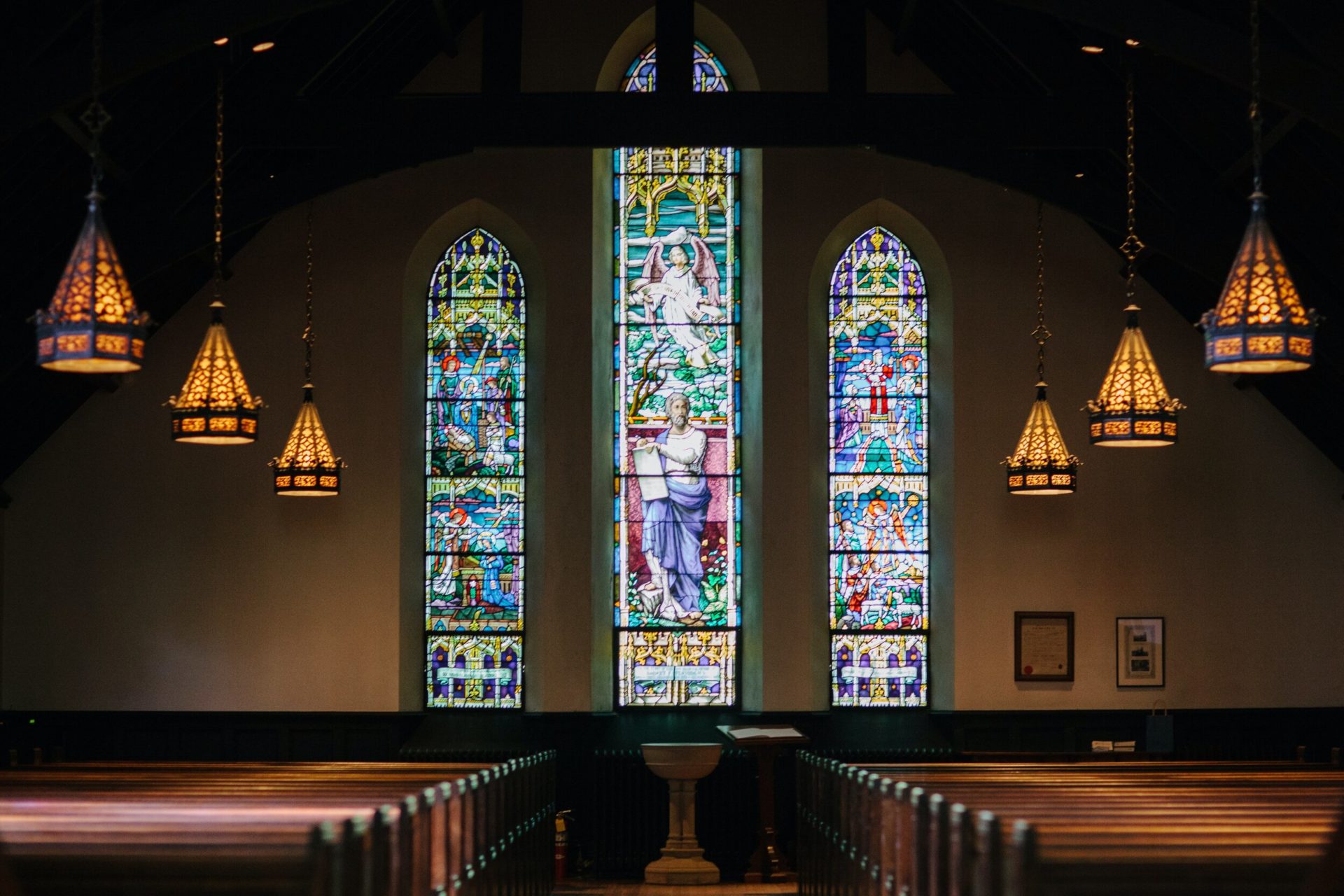
In the last 10 to 15 years, the debate surrounding religious freedom has focused on grievances rather than the right to worship as one pleases. The U.S. Constitution says this about religion: “Congress shall make no law respecting an establishment of religion or prohibiting the free exercise thereof.” As I see it, many citizens have decided that rather than having the freedom of religion as defined in the U.S. Constitution, they would rather have laws passed that interpret religious teachings in one way only over another. This stance discriminates against others who do not hold the same religious affiliation, instead of protecting them.
I fear that the above debate is coming to a flashpoint. Buried amidst the constant barrage of news, Labor Secretary Eugene Scalia enacted a sweeping new regulation that allows federal contractors to discriminate against racial and religious minorities. These allowances impact members of the LGBTQ+ community, who continue to be discriminated against in the name of “religious liberty.” But these new rules also open doors for other forms of bigotry. For example, a contractor can fire a white employee for marrying a Black person if the firing was based on a religious tenet against interracial marriage.
What could other life decisions cause one to lose their job because their employer’s religious tradition doesn’t like it?
I can’t see how such a rule change is legal – or how it will lead to anything good for the body politic. Furthermore, I find it offensive that the penalty for someone not being independently wealthy means that they must conform to their employer’s religious beliefs and practices. That is not freedom of religion, but rather, a taking away of the worker’s right to worship (or not) as he or she sees fit.
My personal knowledge regarding the intersection of religion and civics comes from my experience growing up and attending Catholic schools around Milwaukee. In the schools I attended, religion and civics were always presented as being intertwined. One could not separate everyday life from Christ’s teachings – such as the Sermon on the Mount (the Beatitudes), The Ten Commandments, and other parables.
If one of the many nuns who were my teachers had asked our class about whether it was one’s Christian duty and our civic duty to protect one another and be our brother’s keeper, there would be no hesitation in answering yes. If there had been a pandemic going on at the time, I do not doubt that following medical experts’ guidance would have been viewed as central to Christ’s commandment to love one another as we love ourselves.
Such conduct would also have been viewed as patriotic – tantamount to protecting our fellow citizens from “attack.” If churches were told to participate in efforts to slow the spread of the virus, I do not doubt that our parish priests and nuns would have figured out a way to be compliant while still serving the needs of the “flock.” After all, clergy have a long history of serving on battlefields in times of war. The fact that the enemy is a virus, and our battlefield is our everyday lives, would not have made a difference in the call to duty.
Making adjustments to church services during a pandemic should be seen as necessary, not a war on religion. It ensures that parishioners might stand a better chance to engage in whatever gainful employment puts food on their families’ tables – not to mention staying alive and avoiding burdensome medical bills. Much like Christ’s parable about a farmer pulling a child or an ox out of a well on the Sabbath not violating the spirit of the law, parishioners would do what they had to do to survive while still worshiping on the Sabbath.
The thought that there was some culture war or a war on religion would not have carried weight in those more sanguine times.
No one is perfect. No one perfectly reflects any particular moral teaching or philosophy. If anyone were to withhold a job based on some behavior adjudged to be an imperfect reflection of their religious beliefs, who would be left to be served or employed?
Cherry-picking one or two behaviors out of the many “prohibited” or “forbidden” in any given religion as a reason to withhold public services or employment to another is — by definition — discriminatory. Suppose someone believes that homosexuality goes against their religious beliefs, but they also think that sex between a man and a woman outside of marriage is similarly wrong. How can they single out the one vs. another when deciding whom to serve or hire?
To be genuinely nondiscriminatory about using one’s religious beliefs as a sort of “compliance test,” you would have to issue a questionnaire to every potential customer or job seeker. Furthermore, you would have to check the veracity of their answers if you were genuinely interested in the purity of their convictions. But this is an impossible task with no practical way to be carried out.
So, we are left with imperfect humans, adhering to a vast spectrum of life philosophies, who are just trying to do business in the secular world. I remain hopeful that the law will protect all citizens against intrusions in their lives from religious “purity” tests so they can enjoy all public benefits and services. That is for the best.
______________________________________________________________________________________________________________________






